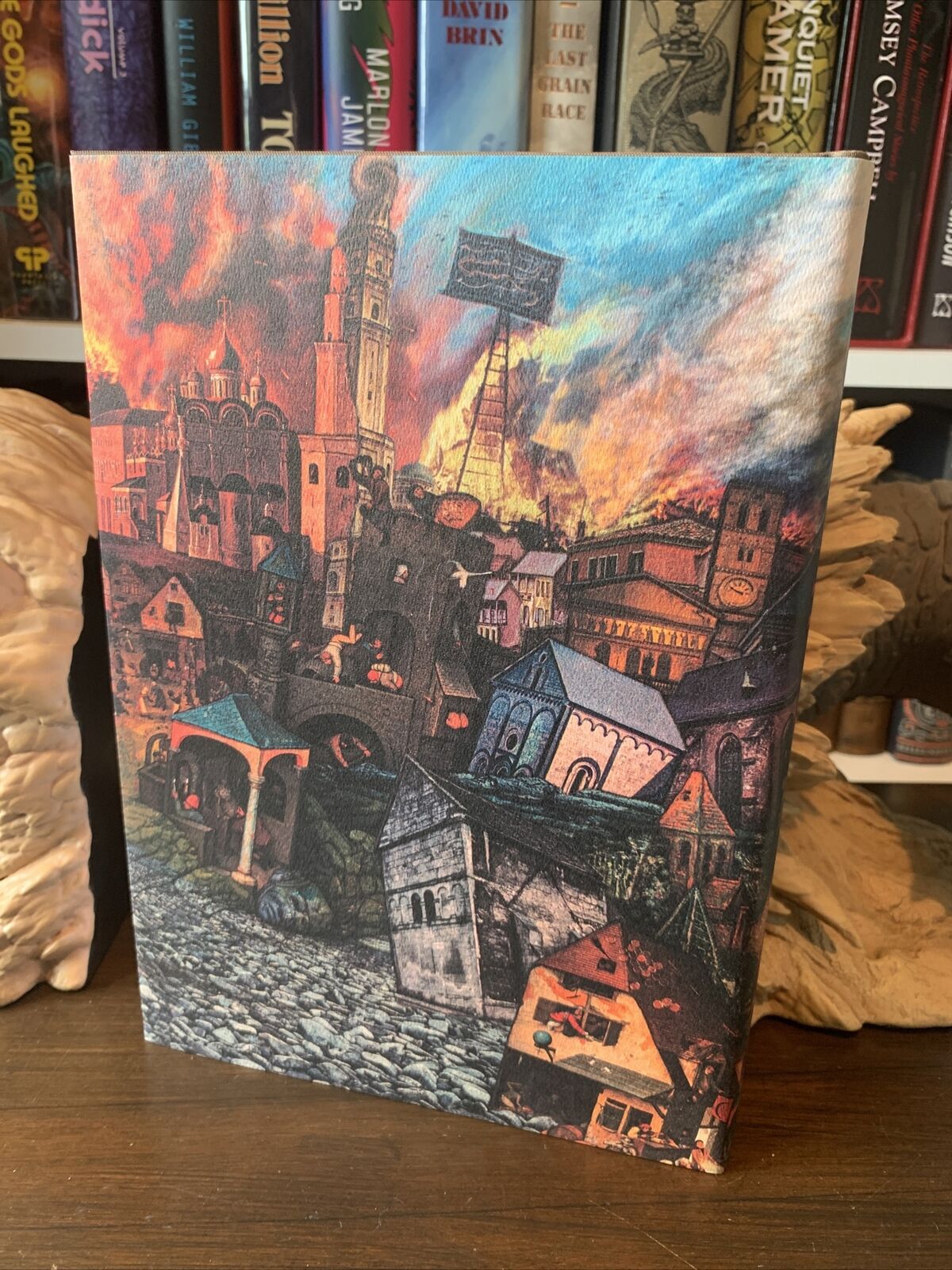

The first Ambergris book, City of Saints and Madmen, is a mosaic, a book made of many shorter wholes. Which means that it feels like a real city. You have the sense of a place with its own character, visible only through the obsessions of different people who live in it. That could easily cause the sense of place to become diffuse instead, the opposite happens. The city is radically different from one story to the next mysterious, and then comic, and then bitter, and then a mixture of all these things. VanderMeer shows his fictional city from a range of perspectives - not just through the eyes of different characters, but in the voices of different writers, through the concerns of different texts.

The city changes over the course of the books - its technology shifts, its social structure is altered - but then the way we see the city changes as well. Chiefly, they have Ambergris in common.Īmbergris is a strange place, a baroque metropolis defined by wars between sprawling merchant houses, the orgiastic annual celebration of the Festival of the Freshwater Squid, and a mostly-subterranean nonhuman race called Grey Caps. The three books are very different from each other in both style and structure, although they do have some themes and characters in common. Which brings me to Jeff VanderMeer, and his three novels of the fictional city of Ambergris: City of Saints and Madmen, Shriek: An Afterword, and Finch. And all these things are always surprising the reader, even while making perfect sense. I suspect also that truly great novels fuse the two things, so that stylistic choices are an outgrowth of structure, while structural elements are visible in the voices the story uses.

I suspect, though, that a novel’s greatness resides most often either in its structure (not just its plot, but its balancing of themes and elements, its division into units like chapters, and its decision of what to describe and when) or its prose (its ability to make every word count, not only in depicting character and setting, not only in moving forward story, but in advancing the theme of the book, what it’s about, the idea that prompted the telling of the tale in the first place). Maybe every great book is great in its own way.


 0 kommentar(er)
0 kommentar(er)
